Timothy James Keller, the world-renowned advocate of reformed theology, Christian apologetics, and the founding pastor of Redeemer Presbyterian in New York City, died on Friday, May 19. Since 2020, he had been treated for pancreatic cancer. He was 72.
This morning, Redeemer informed church members by email of Keller’s death, saying “We know he is rejoicing with his Savior in heaven.”
In 1989, Keller was recruited by the Presbyterian Church in America (PCA) to launch and serve as senior pastor at Redeemer Presbyterian. Decades later by July 2017, Keller preached his last sermon as senior pastor, and Redeemer, which at the time had 5,000 people in weekly attendance, also subdivided. There are now five congregations according to www.Redeemer.com. Until the split, Redeemer was among the nation’s largest megachurches, according to the Hartford Institute for Religion Research database. The conservative PCA has 380,00 members in 1,900 congregations.
Upon leaving the pastorate, Keller stepped into a new role as a full-time teacher with the City-to-City church planting network, a partnership between Reformed Theological Seminary and Redeemer. Three years later, in May 2020, his doctors diagnosed stage 4 pancreatic cancer, leading to a regimen of intensive immunotherapy. (In 2002, he had thyroid cancer, but treatment sent it into remission.)
Back in March, Keller disclosed on Facebook that tumors had returned, and he would undergo additional immunotherapy. Since then, Keller, wife Kathy, and son Michael have kept more than 540,000 followers on Facebook updated. On May 16, son Michael said his father had been released from a hospital on Saturday, only to be returned on Sunday for additional care. On Thursday, Michael dijo his father had been discharged from the hospital for home-based hospice care.
Your tax-deductible gift helps our journalists report the truth and hold Christian leaders and organizations accountable. Give a gift of $30 or more to The Roys Report this month, and you will receive a copy of “Hurt and Healed by the Church” by Ryan George. To donate, haga clic aquí.
Earlier this week, according to son Michael, Keller said, “I’m thankful for all the people who’ve prayed for me over the years. I’m thankful for my family, that loves me. I’m thankful for the time God has given me, but I’m ready to see Jesus. I can’t wait to see Jesus. Send me home.”
For his part, Keller used Facebook in recent months for dispensing punchy, one-sentence-only observations about the human condition as well as the Christian life, such as “The human heart runs on denial the way my car runs on gas” and “Even a weak faith in Jesus is a billion times stronger than a strong faith in anything else.”
And despite cancer, Keller pressed forward on another front: Christian apologetics building off his 2008 best-seller “The Reason for God.” This past February, The Gospel Coalition, a leading website for Reformed theology, debuted The Keller Center for Cultural Apologetics.
At the time, Collin Hansen, TGC editor in chief, Keller Center executive director, and author of the new Keller biography, wrote that the Keller center “helps Christians share the truth, goodness, and beauty of the gospel as the only hope that fulfills our deepest longings.” Last November, Keller, author of multiple New York Times best-sellers, publicado his final book published during his lifetime, “Forgive: Why Should I and How Can I?”
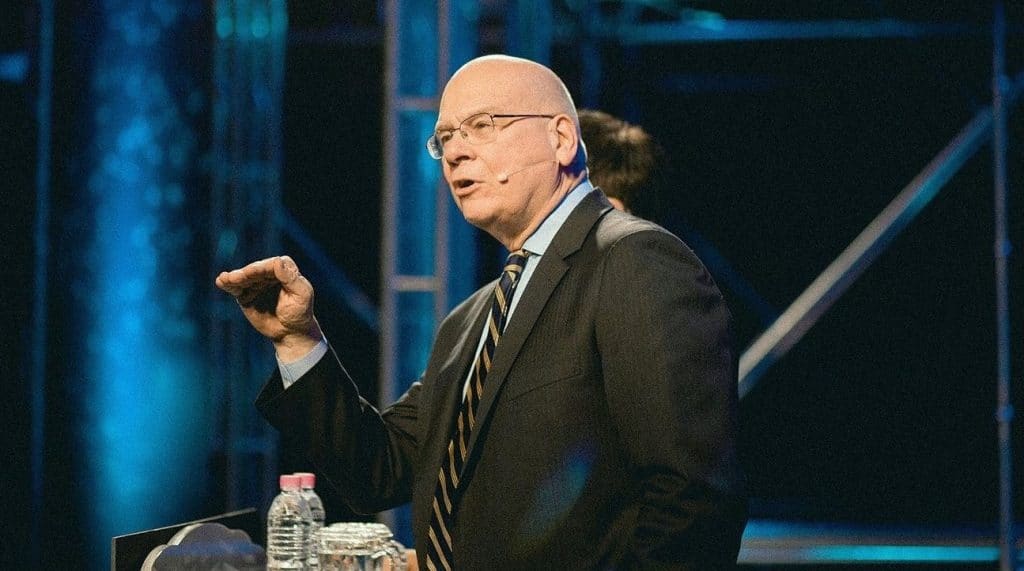
More than once online, Keller has been praised as “pastor to skeptics.” His New York City congregation included hundreds of high-achieving, young, urban professionals. Among them was CNN senior political analyst Kirsten Powers. In a personal narrative published in Christianity Today in 2013, she recounted for the first time hearing Keller preach at Redeemer.
She wrote, “Tim Keller’s sermon was intellectually rigorous, weaving in art and history and philosophy… He expertly exposed the intellectual weaknesses of a purely secular worldview. I came to realize that even if Christianity wasn’t the real thing, neither was atheism.” (Powers has since joined the Catholic church.)
This critique of contemporary American secularism became a hallmark of Keller’s ministry at Redeemer and mission beyond church’s walls. At the heart of The Keller Center’s cultural apologetics is the question that animated so much of Keller’s missional drive: “How do you win people to Christ in a post-Christendom era?”
There was not only that probing question, but also Keller’s winsome stance and savvy use of multiple platforms to get his message out there in sermons, books, media interviews, and to his one million followers on social media. With all that exposure, he evolved into the thinking person’s most admired faith-based public intellectual, who just happened to be an undiluted Calvinist.
Keller developed some of his methods through his participation in the outreach of the Oxford Intercollegiate Christian Union, which every three years conducts an evangelistic mission. This six-day mission began in 1940 and featured luminaries such as preacher Martyn Lloyd-Jones, Anglican priest and author John Stott, and theologian Michael Green.
Tony Carnes, a sociologist, author, and expert in religion in New York City, said on his website www.NYCreligion.info that under Keller’s leadership the City-to-City program helped launch 978 churches in cities worldwide and trained 79,300 churches leaders, drawing on his 24 books and online series such as How to Reach the West Again. It’s estimated that Keller sold over three million books.
Carnes observed, “To critics who say that Keller’s style was only effective in that bygone age when Christians were treated benignly, Keller says that idea is a misreading of recent history. He notes that he felt plenty of pushback when he arrived in New York City to plant a church in 1989.”
In time, Keller influenced and was influenced by a generation of Baby Boomer-era academics and intellectuals. James Davison Hunter, the acclaimed sociologist at the University of Virginia, credited Keller among many others for helping to shape Hunter’s book, “To Change the World,” which casts a new vision for Christian engagement with emphasis on Christian presence.
Since his diagnosis, Keller recently shared how cancer has influenced his physical and spiritual well-being, “(Knowing) you are really going to die changes the way you look at your time, the way you look at God, the way you look at your spouse,” he said during an interview on “Unbelievable,” a video program on YouTube. “Everything just changes when you actually realize time is limited and I’m mortal.”
Born in 1950 in the first years of the post-war Baby Boom, Keller was a native of Allentown, PA. He graduated from Bucknell University, but more importantly, his involvement with Intervarsity Christian Fellowship proved crucial to his confession of Christian faith.
This decision led to enrollment at Gordon-Conwell Seminary near Boston. After that, the PCA, the nation’s second largest Presbyterian denomination, ordained Keller, who then served as pastor at a PCA church not far from Richmond, Virginia. He earned a D.Min degree from Westminster Theological Seminary and served on the faculty at Westminster. The PCA denomination has sustained its conservative theology and traditional stance on social issues, unlike the larger Presbyterian Church USA now among the nation’s most progressive denominations.
His is survived by his wife, Kathy, and three sons, David, Michael, and Jonathan. Details about a funeral or memorial service were undetermined.
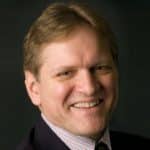 Timothy C. Morgan is a veteran journalist and journalism instructor at Gordon College in Wenham, Massachusetts. He’s also the founder and editor of MillennialInflux.com and for 15 years worked as an editor at Christianity Today.
Timothy C. Morgan is a veteran journalist and journalism instructor at Gordon College in Wenham, Massachusetts. He’s also the founder and editor of MillennialInflux.com and for 15 years worked as an editor at Christianity Today.




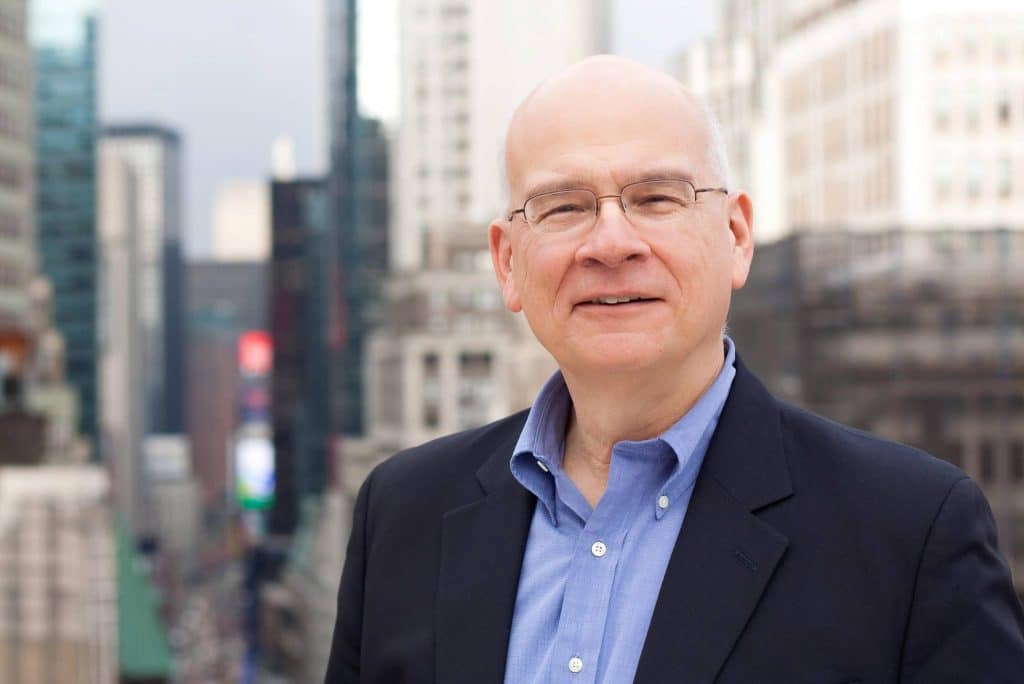
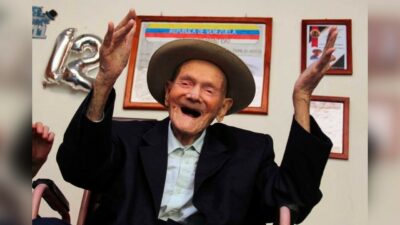

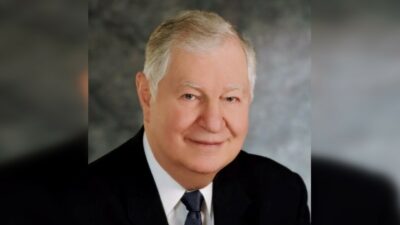


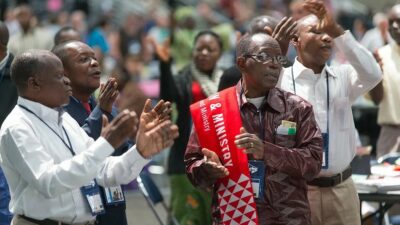

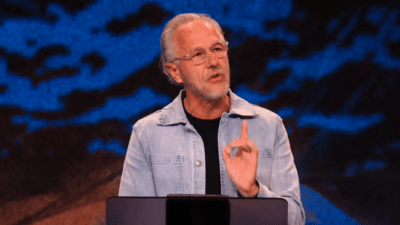







9 Respuestas
Tim Keller is the most important Christian apologist of our time, and one who could speak the truth with great love and compassion. I know him only through his books and writings, but I hope that I can emulate his deep love for Christ in the remaining years that Christ gives to me.
Sounded like he was a good man.
Sad to hear this news. I appreciated the careful intelligence with which he sought to articulate Christian truth claims and address cultural issues.
Going to miss him! Go to YouTube and listen to some of his sermons, Pastor Keller gave one message to the British Parliament on how Christianity influenced western and in particular English government and society. It is amazing. Look forward to meeting him in heaven. Let’s pray for his wife Kathy, their children and Redeemer Church.
Well done, good and faithful servant
There is obviously no one who is without fault, but I can honestly say that pastor Keller was one voice that carried me through the last five or six years as I became more and more disillusioned with
American Christianity.
I may spend some time listening to more of his sermons as I think of his legacy.
What a loving and compassionate man of God. Pastor Tim Keller’s teaching will continue to inspire and give life to the body of Christ. Miss him. He certainly finished well. Thank You, Father God for blessing us with his witness & service. Peace & comfort to his dear family & friends.
One other I loved about him was his humbleness. Several times he asked for prayer because of “scanxiety” whereby when he had a CT scan it would make him anxious. Here is a guy who led one of the largest churches the U.S and he asks for prayer because he worries what the test might reveal. He could have hid that but no he showed he had struggles and wasn’t a super Christian. No more “scanxiety” Pastor Keller.
“What we need is a non-oppressive moral absolute. We need moral absolutes that don’t turn the bearers of those absolutes into oppressors themselves.” – Tom Keller
Those speaking for God have given up on changing hearts and minds and gone straight to force -legalism.
What we need are more Christian pastors/teachers like Tim Keller. He also avoided politics.